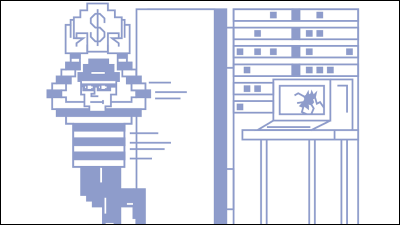What is blockchain?

To put it simply, '
Blockchain, explained: what's a block, what's a chain, and the tech behind crypto - The Verge
https://www.theverge.com/22654785/blockchain-explained-cryptocurrency-what-is-stake-nft
A “block” in blockchain refers to a “record” of digital information. In the case of virtual currency, 'records' include 'who sent money to whom' and 'what and how much money was sent.' Each time a new record (block) is created, it is added to the previous record, creating chronological information that describes a series of records. This is what 'blockchain' is.
Since this blockchain cannot alter or delete intermediate records, you can always check with certainty what and how much was transferred and to whom. Additionally, since blockchain can be created by anyone, it has the potential to be used in all kinds of fields, not just virtual currency.

When someone creates a blockchain, the creator first creates something called
In blockchain, records are communicated and shared through personal computers connected in a network. In addition to maintaining records, each computer, called a node, is responsible for checking that the records have not been tampered with. When someone creates a new block, nodes other than the creator verify that it is a valid block before adding it to the network.
To understand how nodes check for tampering, you need to understand what a 'hash' is. In blockchain, a hash is a specific string of characters that distinguishes each piece of data. Each block has a specific hash embedded in it, and when a new block follows, the hash of the previous block is read and recorded in its own block.

When someone tries to add a new block, they check to see if this hash is the same as the one recorded on the official blockchain. The official blockchain refers to the blockchain with the most transactions, and in the case of virtual currencies, it refers to the chain with the most blocks.
The correctness of the hash is checked using an algorithm. For example, suppose that if you input 'blockchain' into an algorithm that generates a hash, it will generate the string 'ef7797', and if you input 'blockchain' with one letter different, it will generate the string '8e809e'. At this time, anyone can generate the string 'ef7797' from the string 'blockchain', but conversely, the string 'blockchain' can be generated from the string 'ef7797'. It's very difficult to do.
Additionally, each block contains a hash of the previous block, and if a block were to be altered, the series of blocks, or blockchain, would be interrupted. Therefore, by checking a newly added block to the chain, you can see that previous transactions including that block have not been altered. Please note that encryption technology is used to generate the hashes used by blockchain. This is one of the reasons why blockchain-based currencies such as Bitcoin are called virtual currencies.

Although the blockchain contains all transaction records, it does not contain any personal information such as names or addresses. Instead, the only information that exists is a unique character string in addition to the transaction records mentioned above. The string indicates 'someone in particular,' but it is impossible to determine who that person is.
The Verge points out that ``Blockchain only refers to accurate records.'' For example, suppose someone sells an ordinary pebble as a 'moon rock' and tracks the record on a blockchain. Even if the pebble passes into the hands of various people, the blockchain only proves that the transaction record is accurate, but does not prove that it is a genuine moon rock.
The Verge says, ``Blockchain can be used in various fields such as election voting,'' but says, ``We don't know if it will be accepted by people.''
Related Posts:
in Posted by log1p_kr







